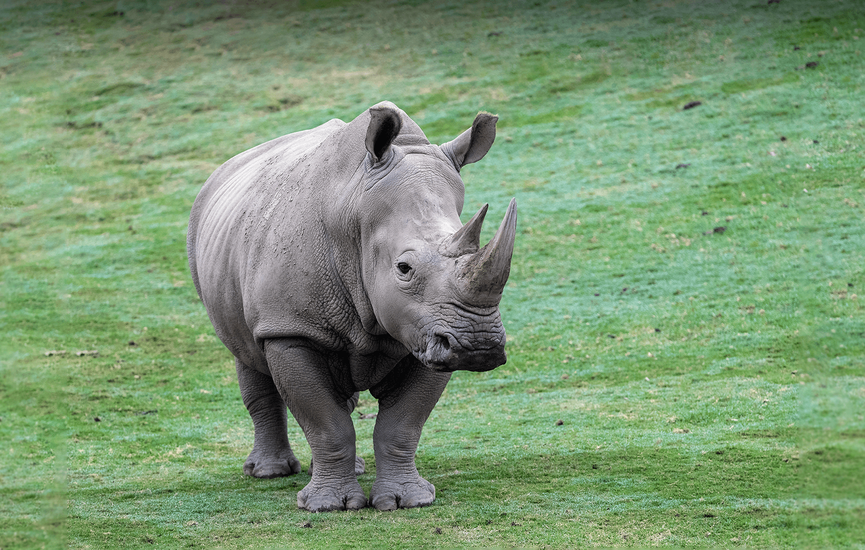"At least one rhino is poached every day," said James Larkin, a professor from Wits University involved in the project.
"I fear the numbers will only continue to rise if we don’t take action... this technology offers a critical advantage in tackling poaching by allowing us to be proactive instead of reactive."
Prof. Larkin noted that the pilot study, which tracked 20 rhinos, confirmed the radioactive material used is "entirely safe" for the animals.
The researchers at Wits, in partnership with the International Atomic Energy Agency, discovered that the horns could be detected even within large 40-foot (six-meter) shipping containers.
Rhino advocate Jamie Joseph praised the Rhisotope Project, calling it "innovative and essential."
"While this isn't a final solution, stronger laws and political commitment are necessary to end the rhino crisis. But it will certainly help obstruct the illegal trade of horns and provide valuable data to track the smuggling networks," said Joseph, director of Saving the Wild.
Since 2021, more than 400 rhinos have been poached annually in South Africa, according to the conservation group Save the Rhino.
Jessica Babich, the project leader, emphasized, "Our goal is to scale Rhisotope technology to protect one of Africa's most endangered species."
"Through this effort, we are not only safeguarding rhinos but also a key part of our natural heritage."
Rhino horns are often trafficked to Asian markets where they are used in traditional medicine and as symbols of wealth.
White rhinos are listed as vulnerable, while black rhinos are critically endangered.
